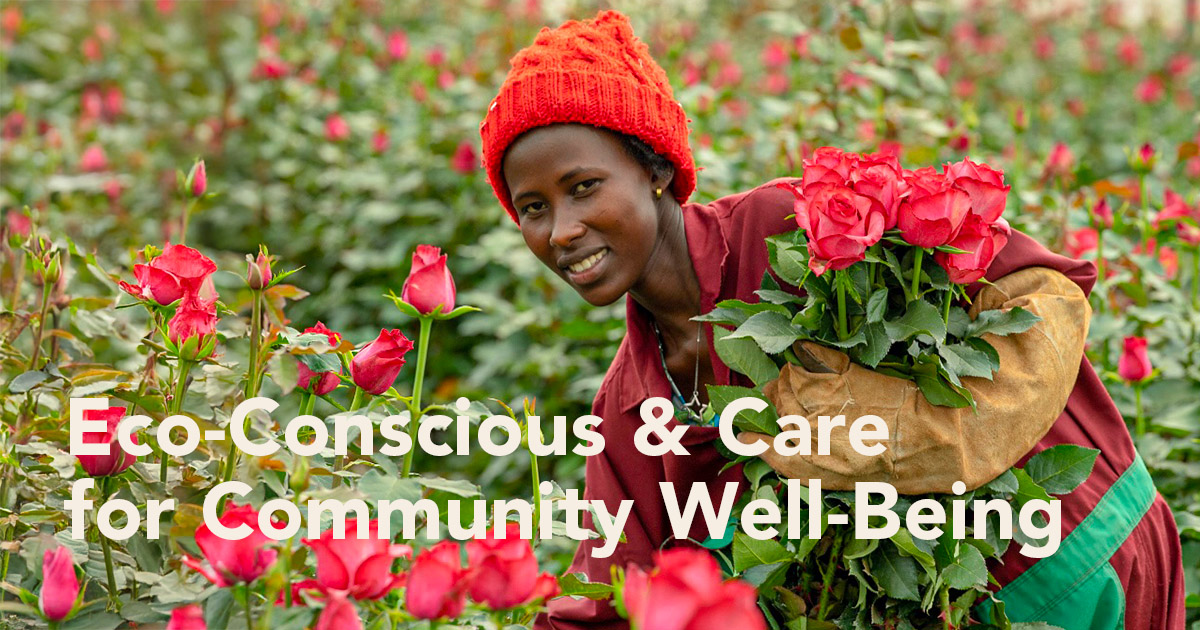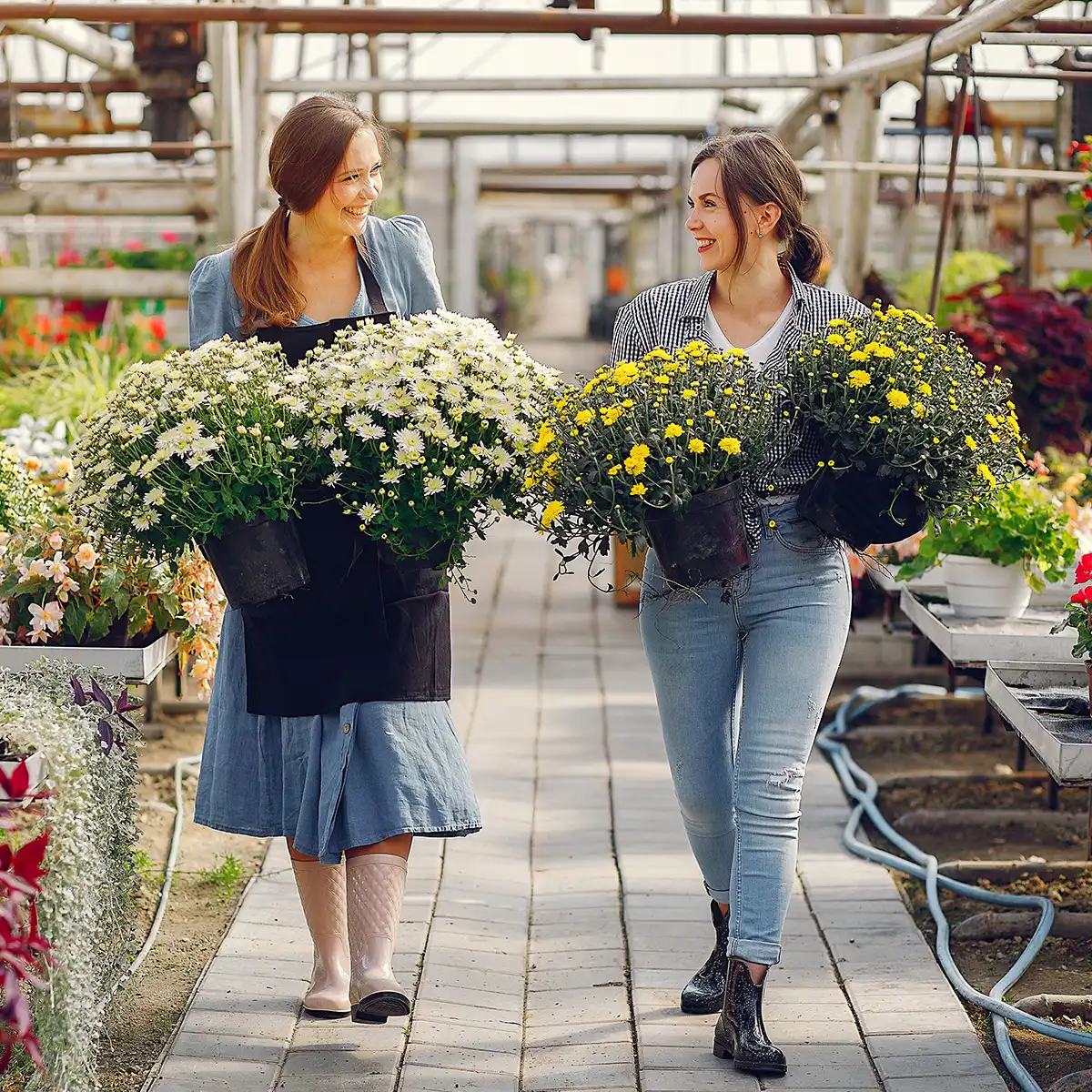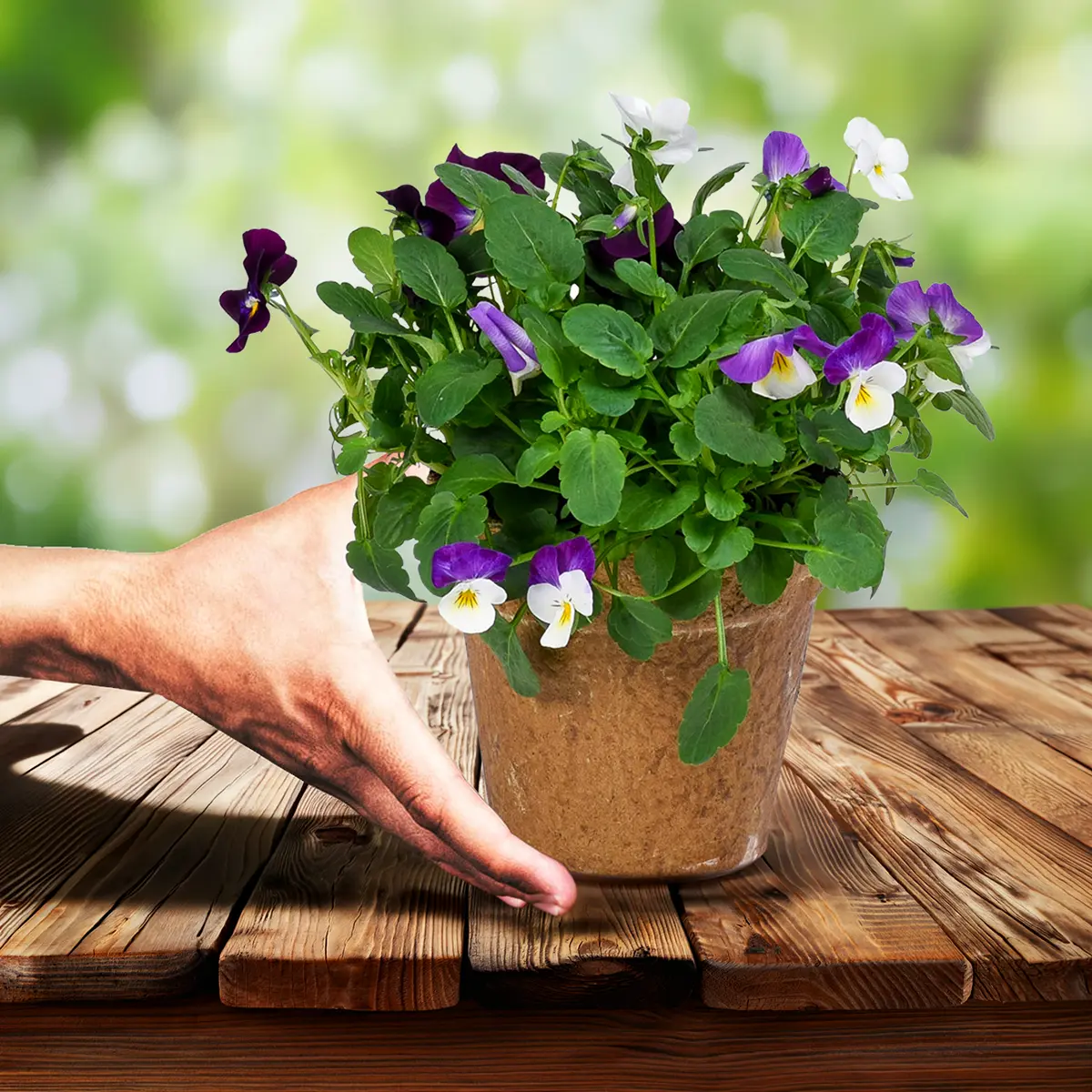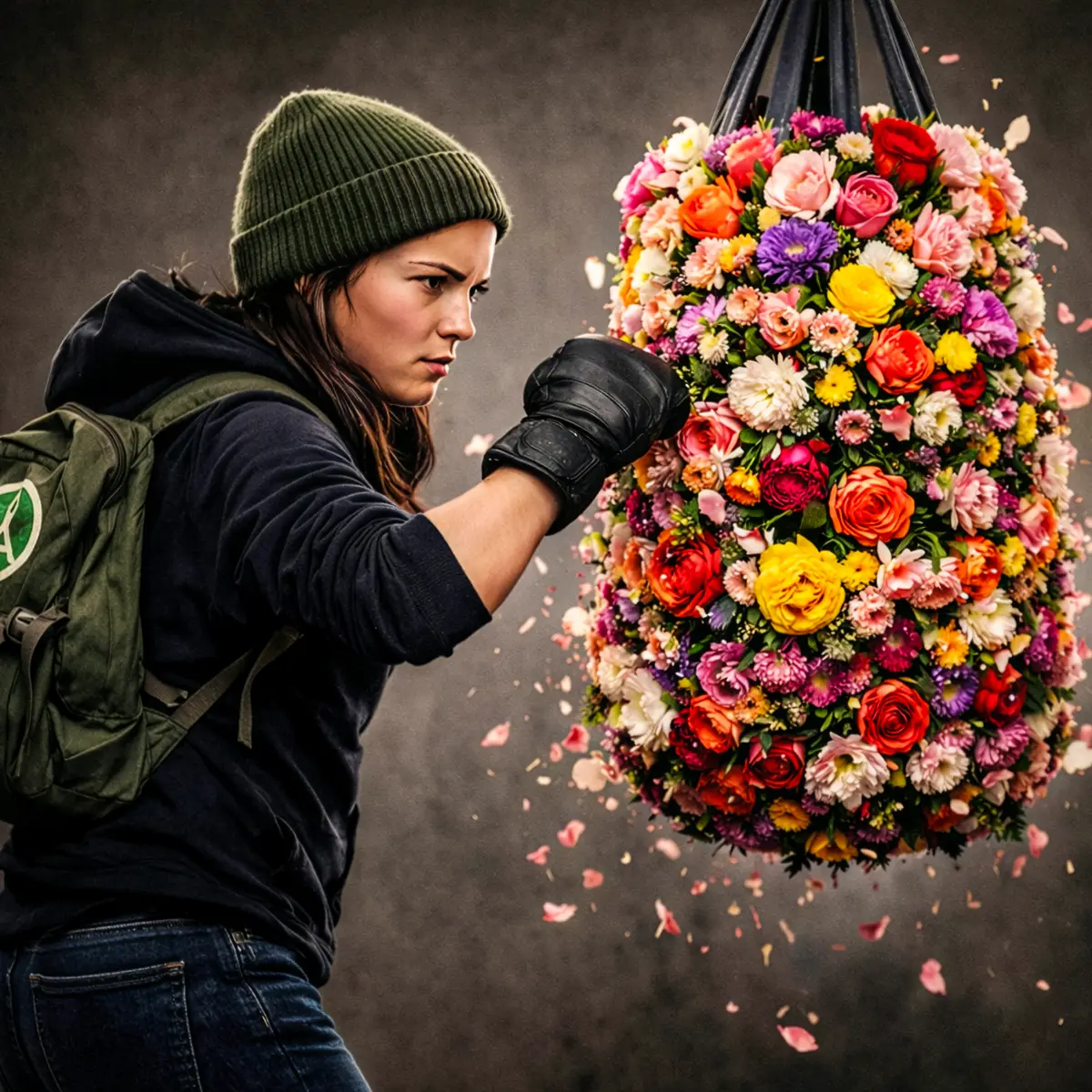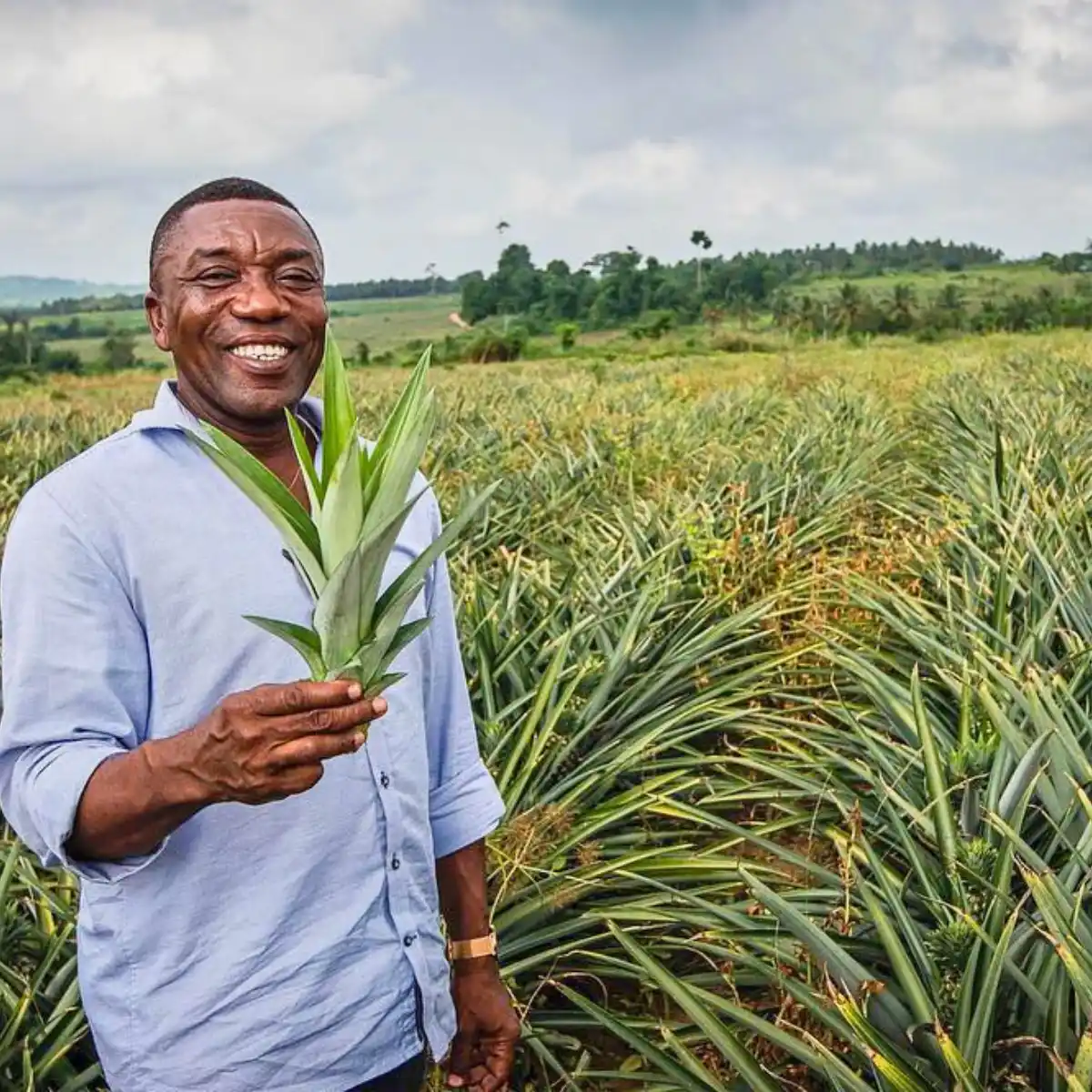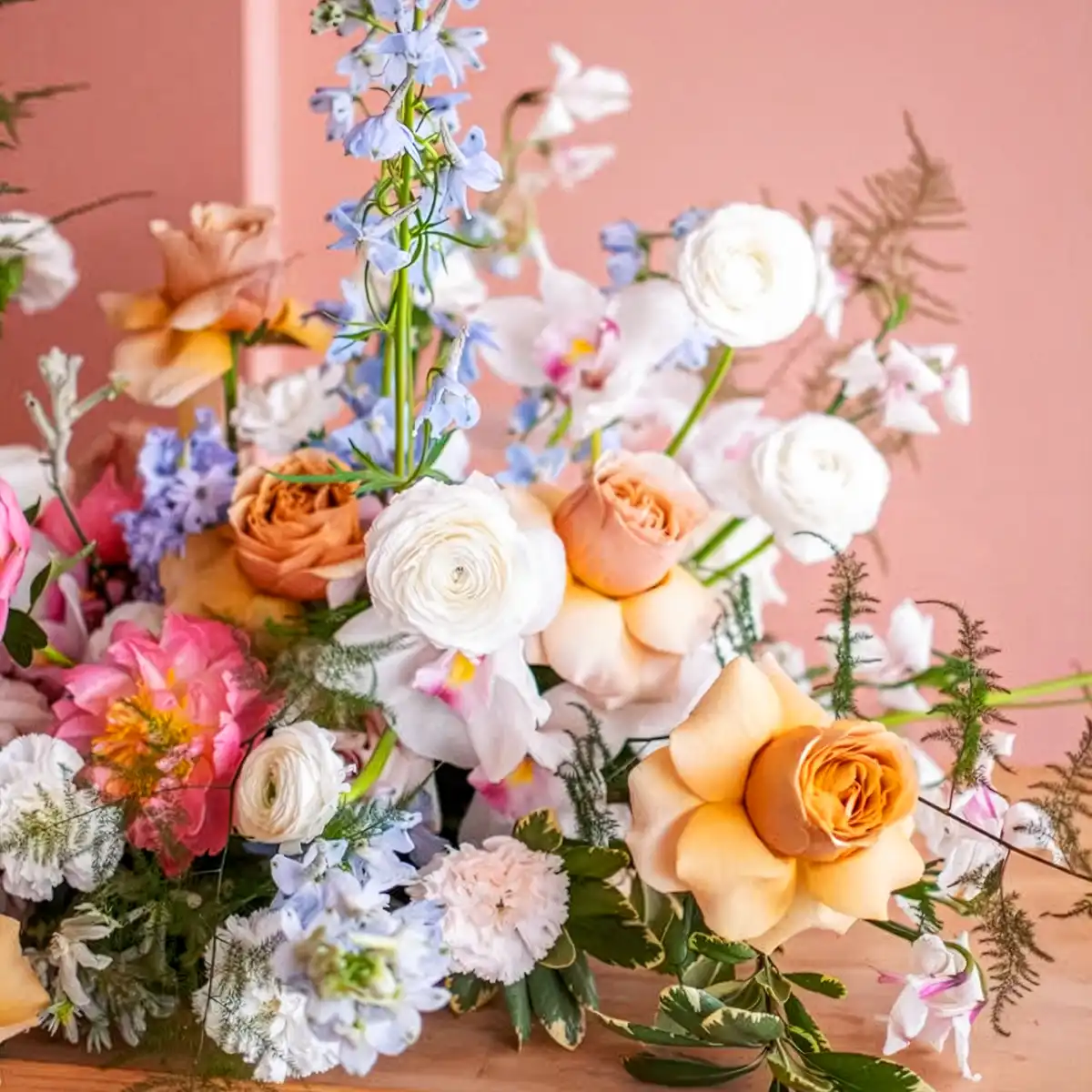Ever since its establishment in 2019 within the heartlands of Kenya’s rich flower-growing region of Timau, premium rose grower, Kikwetu Flowers has endeavored to bring just that to the market; newer varieties of premium roses. These are varieties that always have a way of (you guessed it right!) turning heads, and eliciting that ‘wow’ reaction from, virtually, everyone; including the growers themselves. That, after all, is what this high-altitude rose farm stands — and is known — for!
The Philosophy of ‘Our Style, Our Culture'
Kikwetu Flowers, for starters, is located right at the center of a small rural community near Timau in Kenya’s Meru County. In one way or the other, the general community is involved in the farm. People from the locality work hand in hand with their counterparts from other regions.
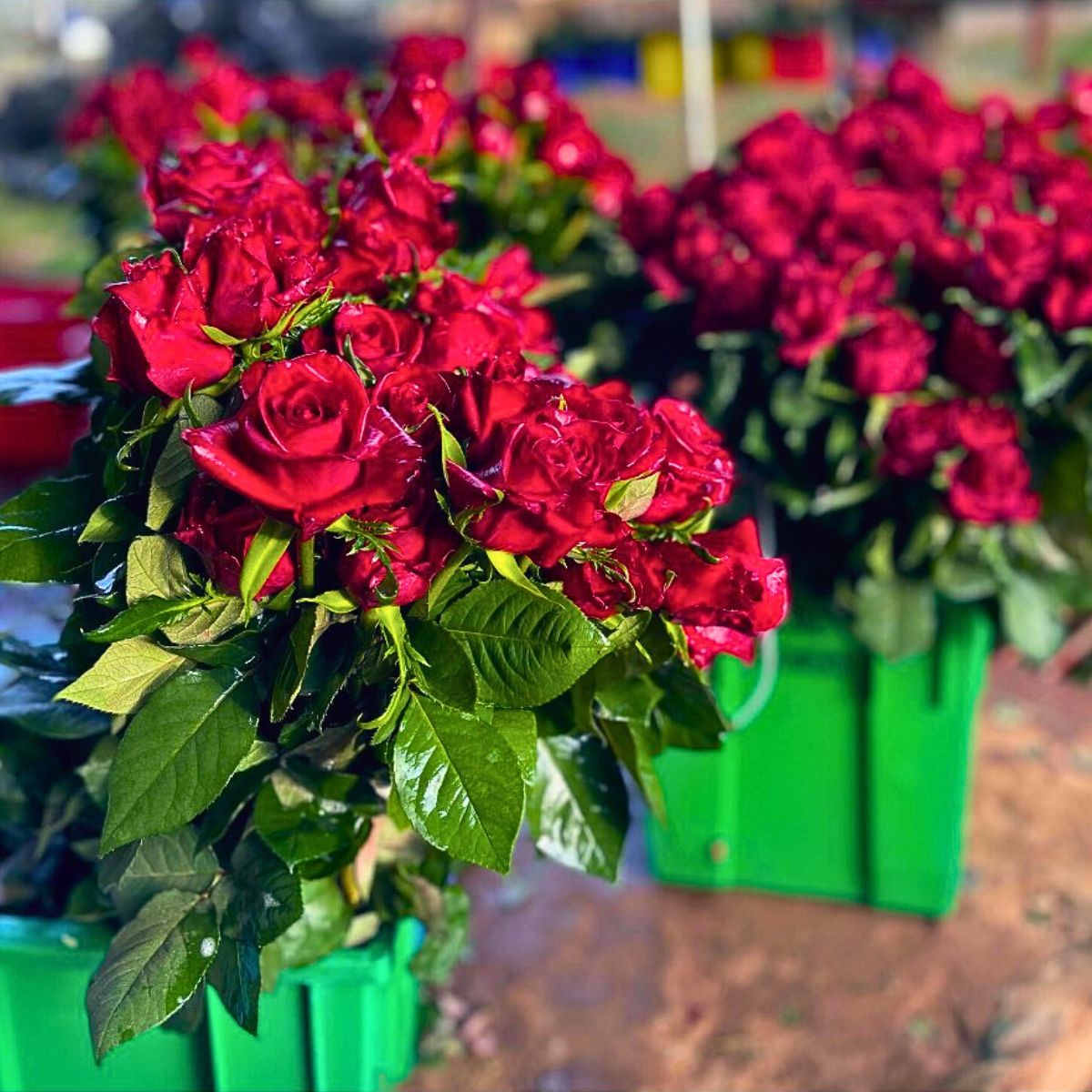
But it is the togetherness in working that counts. This philosophy has developed the ideology of Kikwetu (which in Swahili loosely translates to ‘doing things our way’ or according to the grower, ‘our culture, our style’). It entails a unique balance of different cultures, which the directors are certainly pleased with.
The flower farm, which started as just five hectares, currently plies its trade on 19 hectares, growing 41 premium-rose varieties. Rose Ever Red still stands strong among the varieties that the grower produces, even though numerous others are equally strong market-wise. However, there is a side of this grower that is less talked about. That is the sustainability aspect and this relatively ‘youthful’ grower's impact on the community domiciled around its farm.
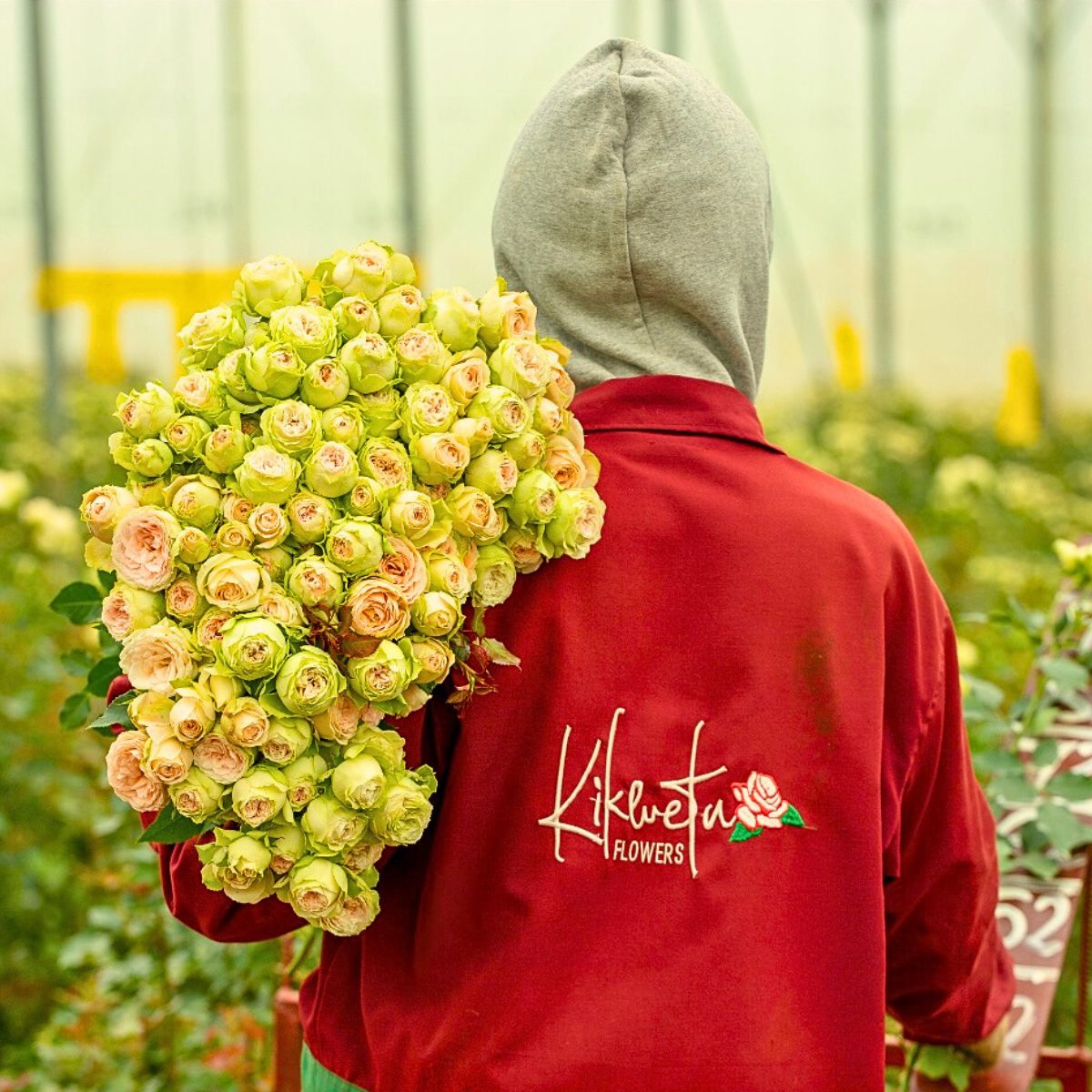
Sustainability and Community Welfare Initiatives at Kikwetu Flowers
There are numerous sustainability-driven efforts ongoing at Kikwetu Flowers, according to Mathia Yinda, one of the flower grower's executive directors. After all, in the current floral markets and trends, sustainability is quite a significant topic that every player in the flower industry and the entire value chain adheres to. So, Mathia pointed out several of the premium rose grower’s green initiatives.
Investing in Green Energy
Green energy, and in particular solar energy, is an increasingly widespread — and indispensable — choice for growers looking to reduce costs and conform to sustainability ideals. Solar-powered farms use clean, renewable energy to augment or entirely replace existing fossil fuel energy sources in different processes. It is environmentally friendly and produces no greenhouse emissions. Plus, it is low maintenance.
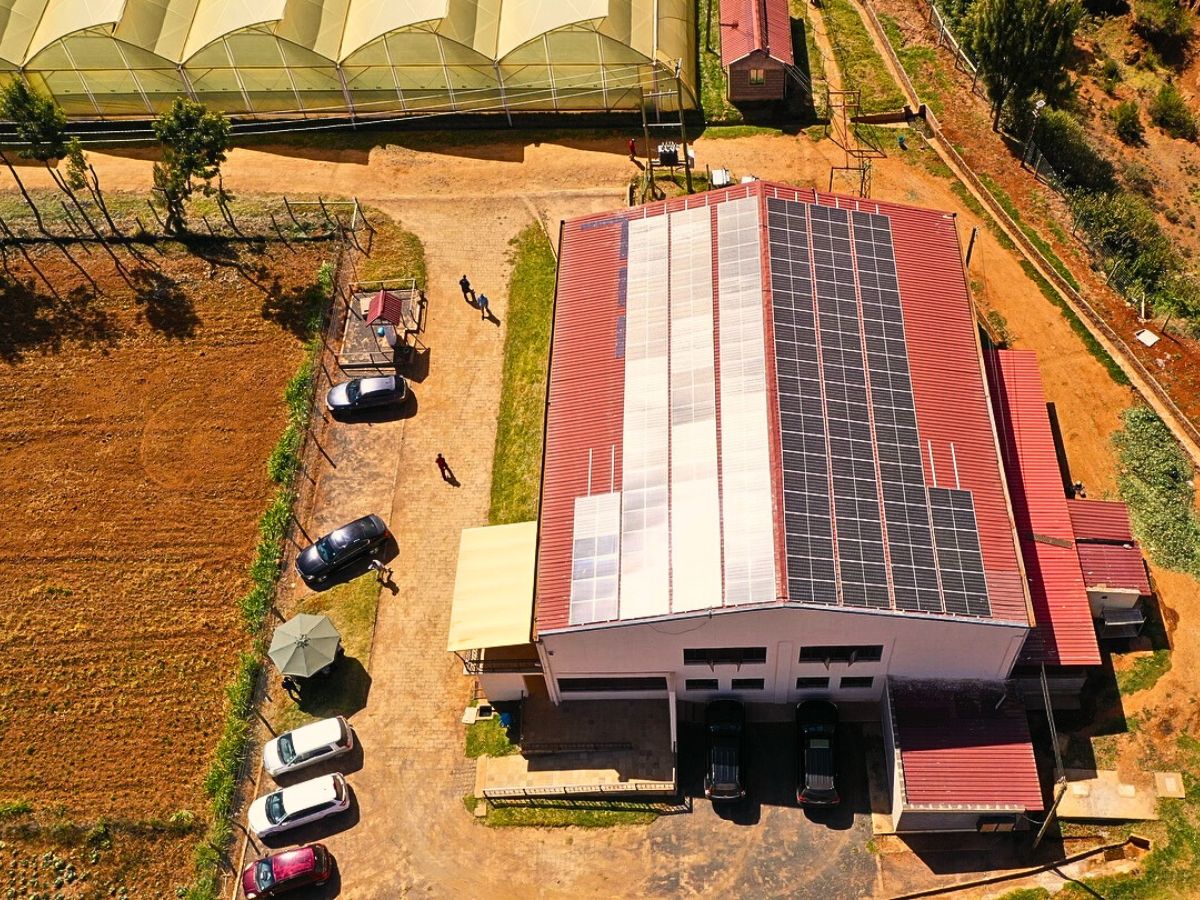
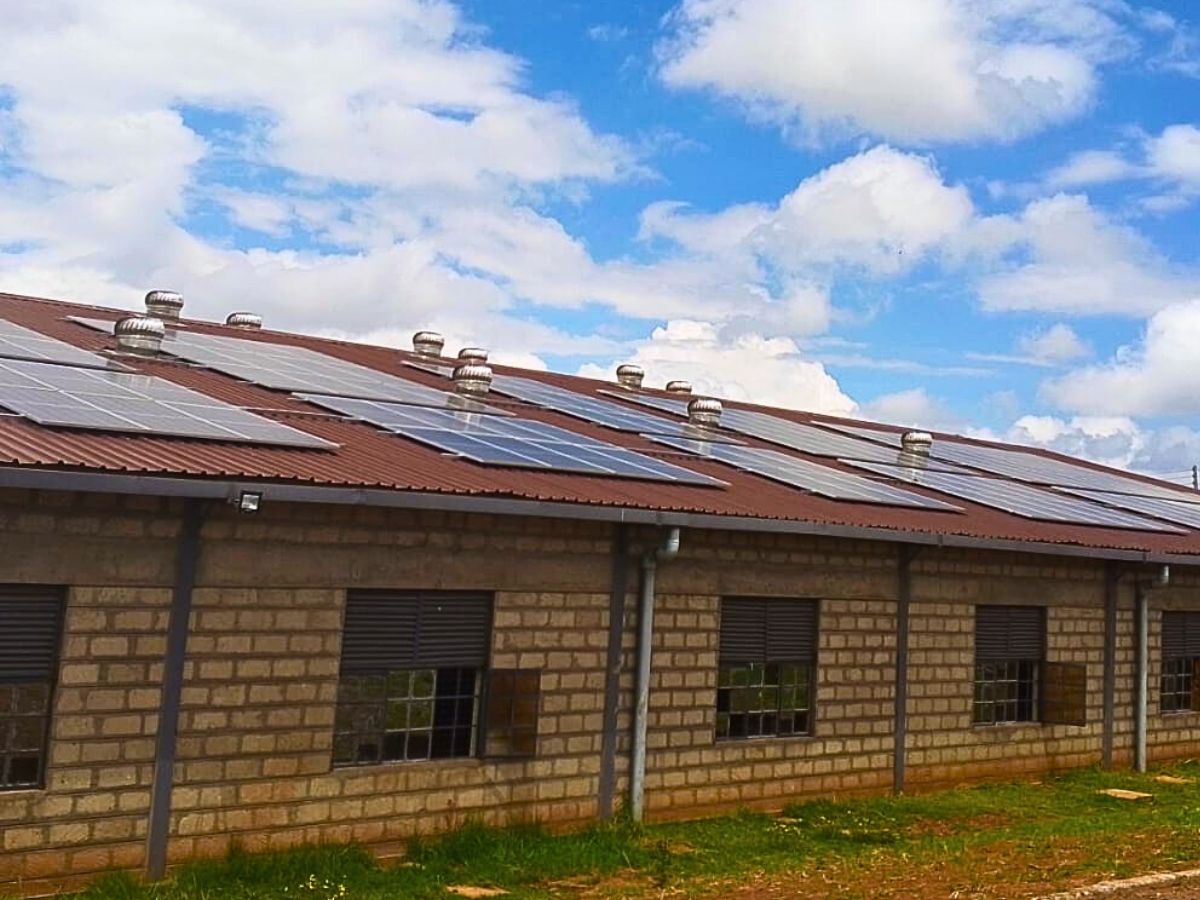
Such considerations were in mind when Kikwetu Flowers set up its solar energy initiative, with solar panels strategically placed on the farm and atop the farm’s main water dam. These solar panels — and other green energy initiatives — provide for between 60% and 80% of Kikwetu Flowers’ energy requirements. The panels, also, serve to protect the dam's water from evaporation.
Composting Flower Waste Material
Another element of sustainability touches on using organic and biological fertilizers and inputs that do not harm the environment. Vermi-tea, which is sourced from the composting of waste flower materials, is a nutrient-rich product that Kikwetu Flowers uses in its roses’ cultivation.
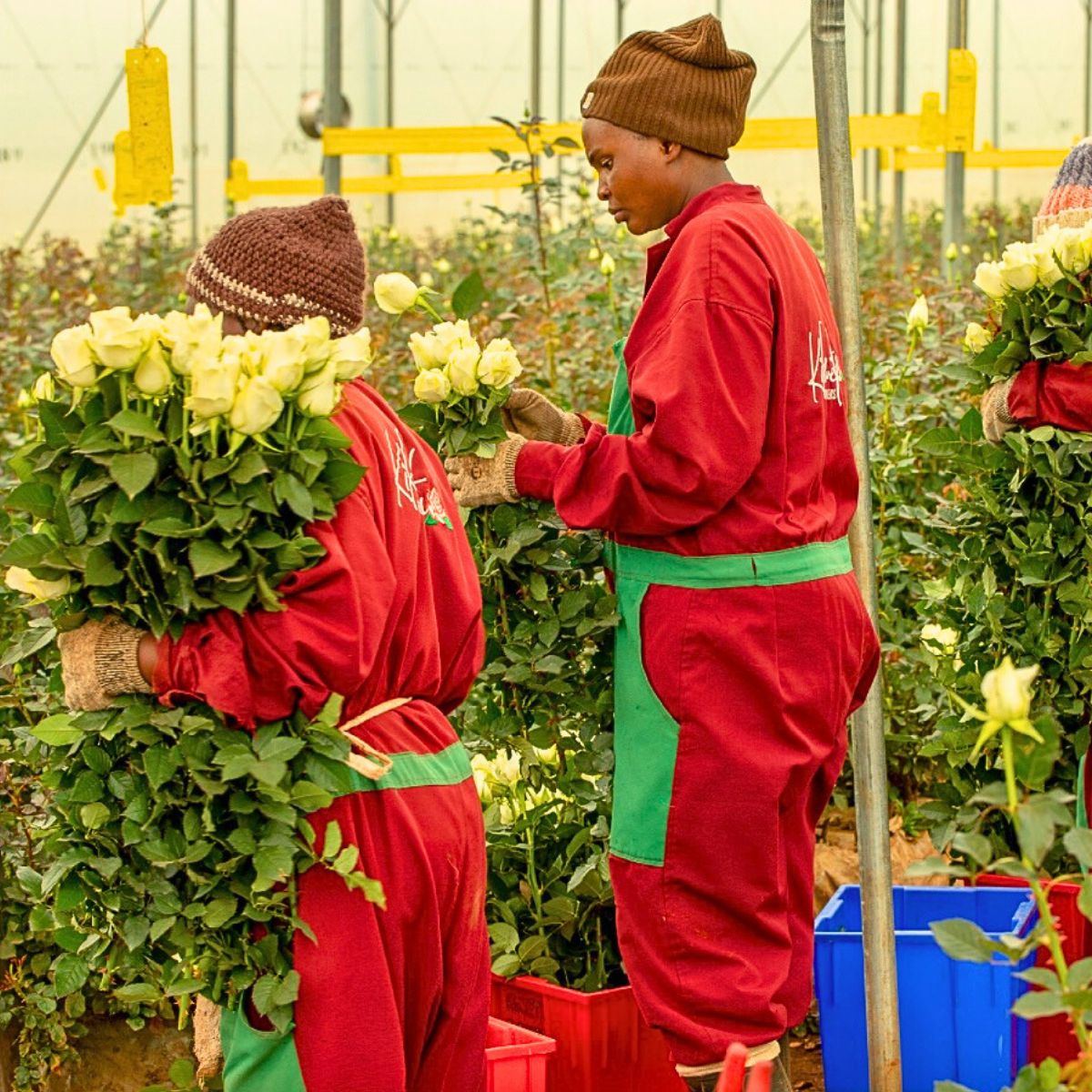
Vermi-tea, also known as vermicompost tea, is a richly nutritious liquid fertilizer made by steeping vermicompost (worm castings) in water. This process extracts beneficial nutrients and microorganisms from the vermicompost, creating a potent solution that enhances flower health and growth.
It provides essential nutrients that the plants can readily absorb, enhancing their growth and vitality. It also introduces beneficial microbes into the growing medium, improving plants’ health and resilience against diseases. What is more, it helps suppress pests and diseases, acts as a natural biocontrol agent, and can also be applied as a foliar spray, allowing nutrients to be absorbed directly through the leaves, which improves flower health and yields.
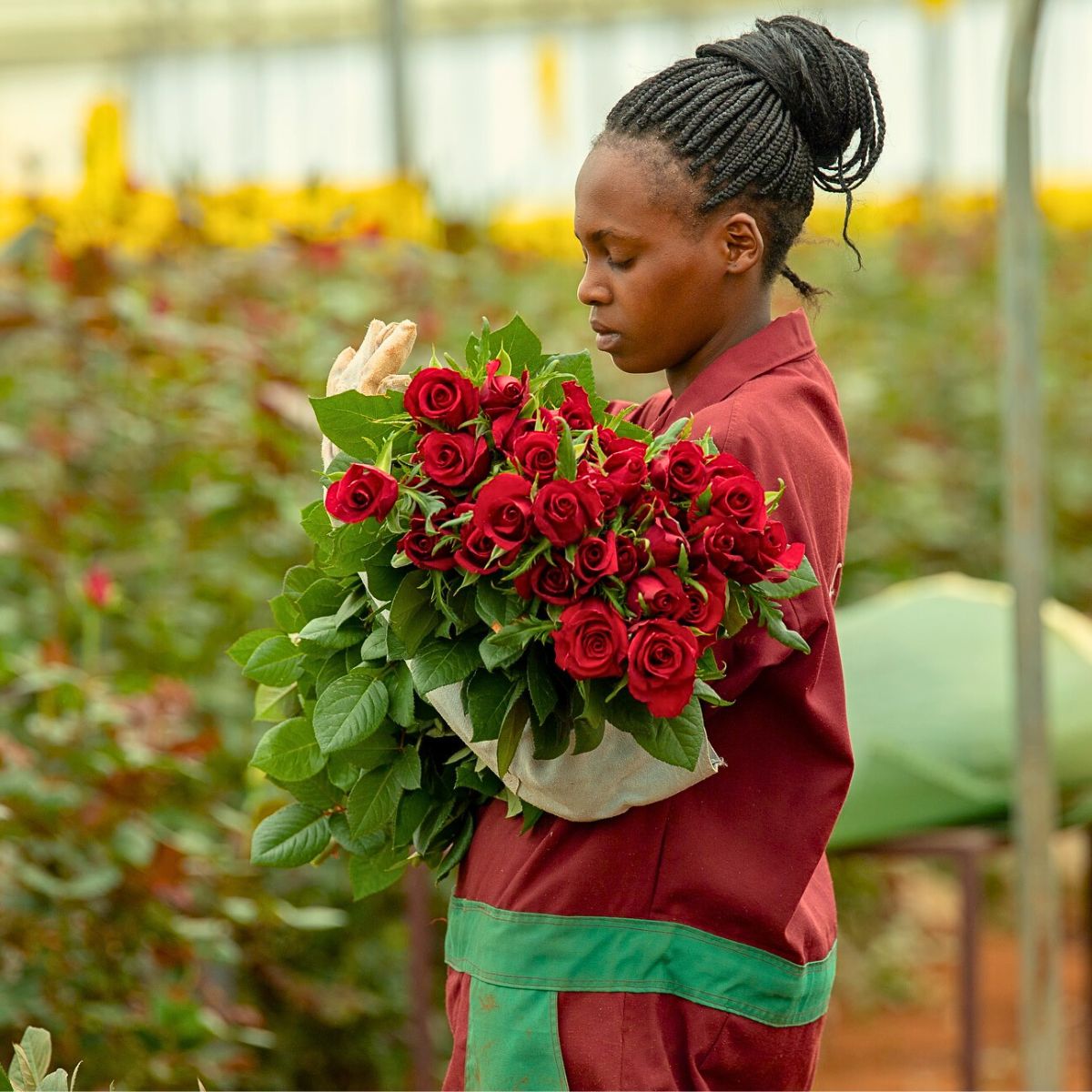
Water Collection for the Farm and the Community
Sustainability also entails conservation and cutting the waste of resources, including water. While the region where Kikwetu Flowers is located hardly lacks water, the flower farm still goes all out to conserve the available water resources.
The water that the flower farm collects; be it rainwater from the rooftops and the gutters of the greenhouses, or that which is saved from any other sources around the farm, is all treated and stored in a 70,000 cubic meter reservoir (which can last the roses farm up to six months!). Kikwetu Flowers, also, taps this water and supplies it to locals and the community around the farm. This is for the local people’s own domestic and personal uses.
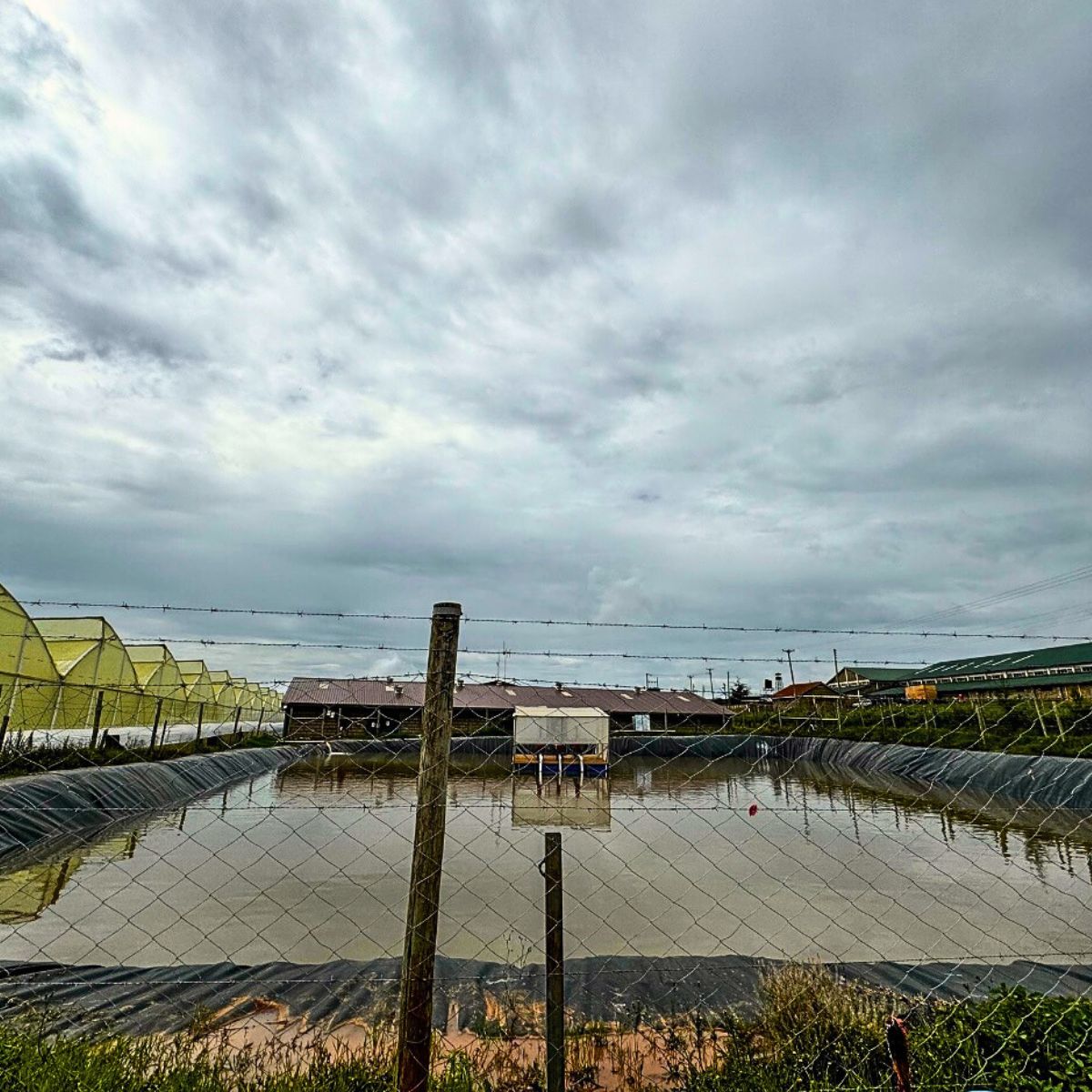
Recyclable Plastic Sleeves for Flower Packaging
Recyclable plastic sleeves are specialized eco-friendly packaging materials used primarily in the flower industry to protect and present flowers during transportation, delivery, and sale. They are typically made from materials such as Biaxially Oriented Polypropylene (BOPP), Polypropylene (PP), or Low-Density Polyethylene (LDPE), and are designed to be recyclable after use.
Kikwetu Flowers is, also, investing in these packaging products since the use of recyclable materials helps reduce the environmental impact associated with single-use plastics. This minimizes waste and promotes a circular economy. Also, as consumers become more environmentally conscious, the demand for sustainable packaging solutions increases.
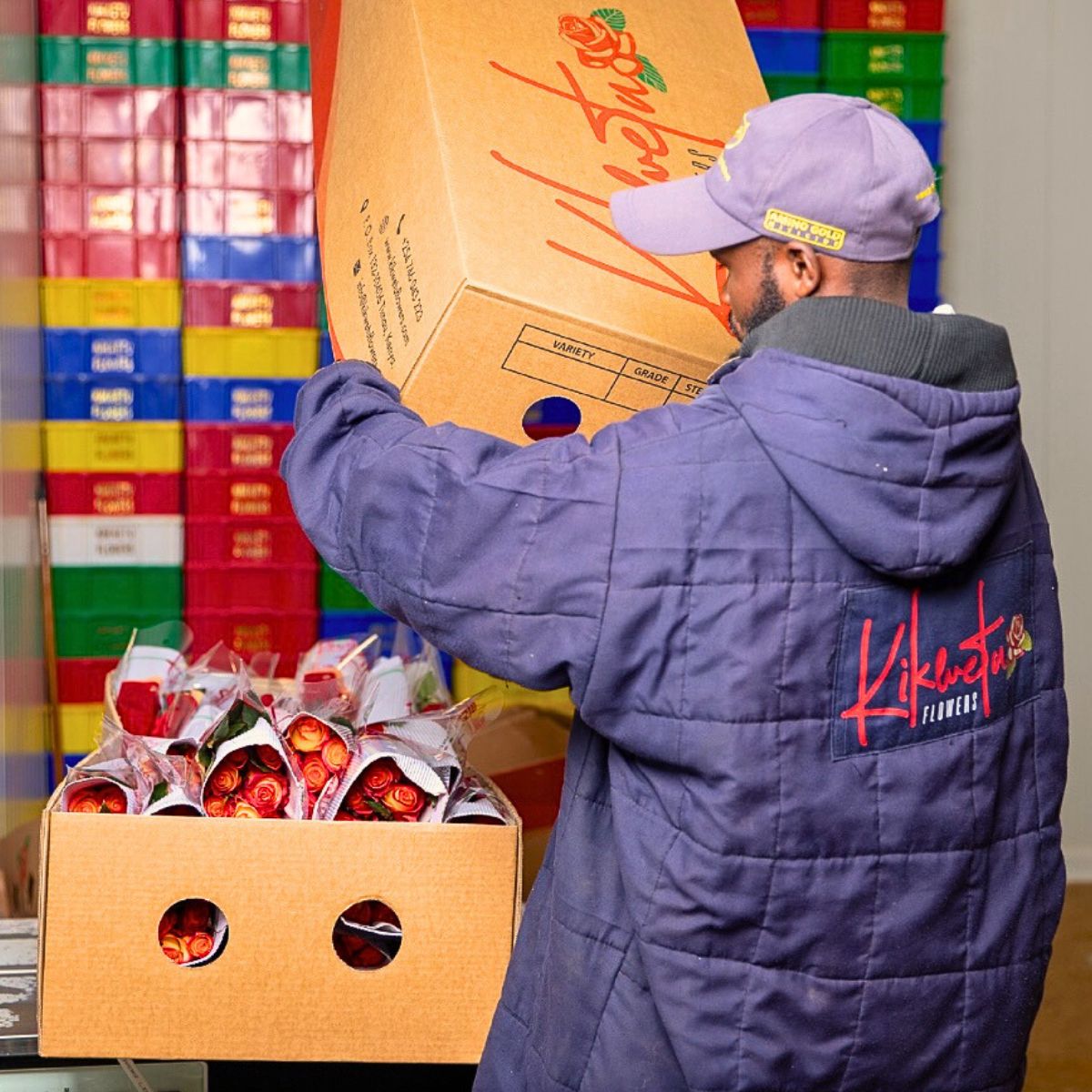
Offering sustainable packaging materials such as recyclable plastic sleeves, therefore, enhances a brand's reputation and appeals to eco-minded customers. But generally, the whole idea is about reducing the carbon footprint associated with flower production which, in turn, means enhancing sustainability ideals in floriculture.
General Development of the Community Around
Kikwetu Flowers, as earlier indicated, is located within a generally rural community. Oftentimes, especially whenever it heavily rains, the earth roads in the area become practically inaccessible for motor vehicles, motorbikes, and people.
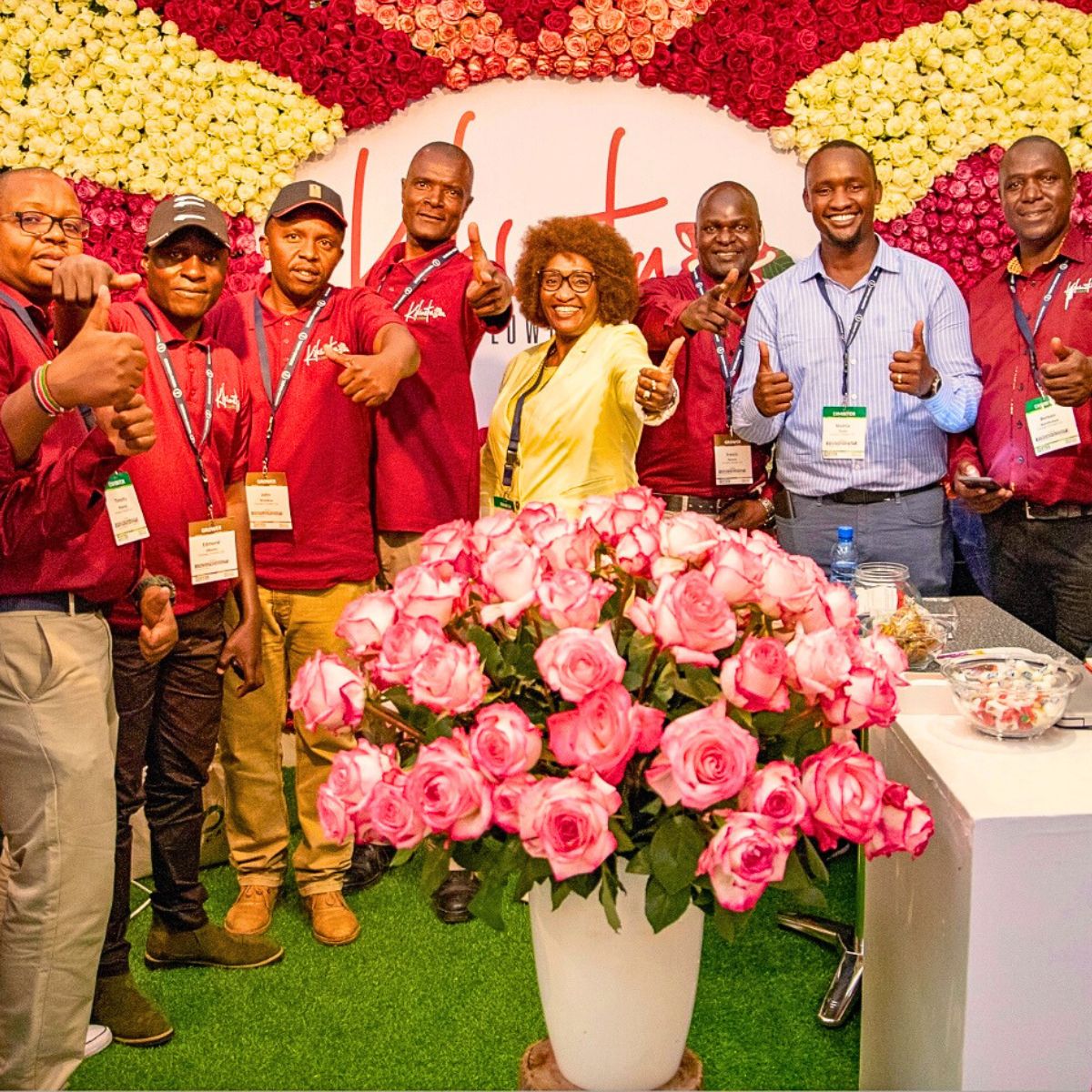
The grower has, accordingly, taken it as a responsibility to fix a significant part of the roads connecting the village, guaranteeing that the locals can easily commute and also that the transportation of different commodities is eased. At the end of the day — when all’s said and done — everyone benefits from these sustainability and community-centric initiatives, and the grower continues producing high-quality, premium roses.
Photos by Kikwetu Flowers (@kikwetuflowers.kenya).

